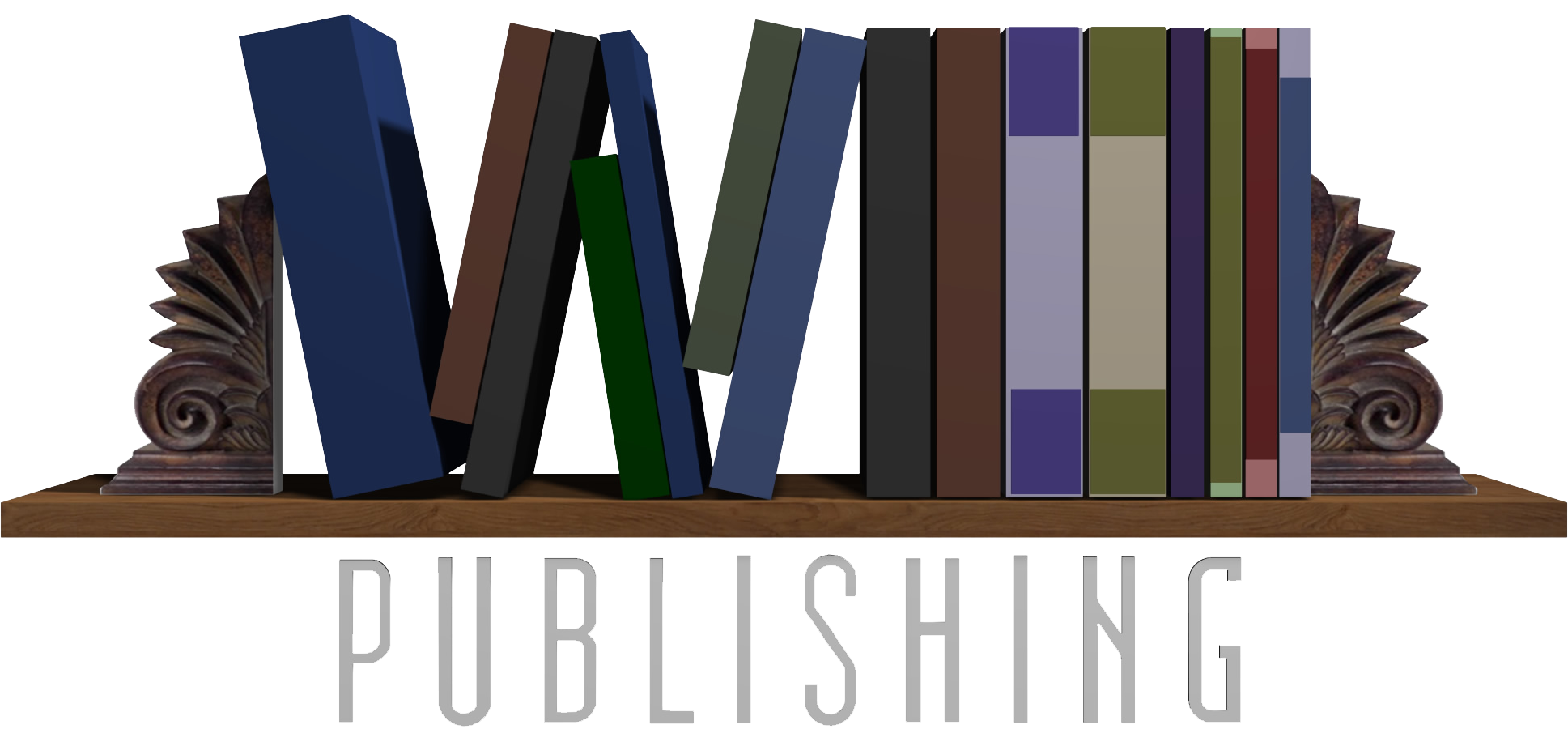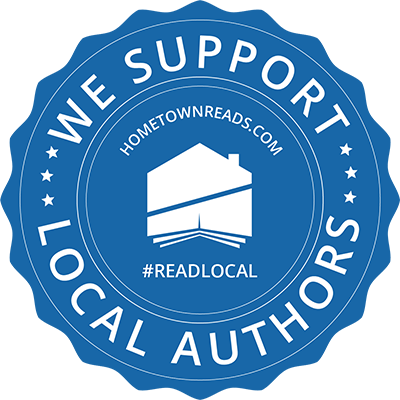Today, we’re very excited to have John Marco as our guestblogger. I first worked with John when he wrote a story, “The Hundredth Kill” for one of my anthologies I edited with Marty Greenberg. I was so touched by that story, I had to read his novels. His stories are so filled with emotion, depth and character, for me, it’s a joy to read his stories every time. Please help us welcome John to The Editing Essentials!
John Marco is the author of eightbooks, including the bestselling Tyrants and Kings trilogy and the books of the Bronze Knight, Lukien. His latest novel, THE FOREVER KNIGHT, has just been published by DAW Books and is a Barnes and Noble and Kirkus top pick for April. To find out more about John and his work, please visit his website at www.johnmarco.com.
WD: What inspired you to begin writing? A certain book, teacher, family member?
JM: I’m one of those people who think that writers are born rather than made, which might be why it’s difficult for me to pinpoint a particular instant of inspiration. Writers often say that they’ve “always” wanted to be a writer, but for me it’s actually true. I can’t remember a time when I didn’t want to be one. There wasn’t a particular person that I met or book that I read. It was just something that I found absolutely fascinating from the beginning—the ability to create stories and put them down on paper. Of course none of us come out fully formed as writers. There’s always more to learn and the striving to get better. But for me, the desire was always there. When I stop to think about it, that seems rather strange, as if I literally was born with it, but I bet all the writers out there will understand what I mean.
WD: Why did you choose to write in the fantasy genre instead of another genre? Or, did the genre choose you?
JM: In this case, I think the genre chose me. There was never any question in my mind that I’d write fantasy. Fantasy and science fiction were what inspired me as a kid. I loved the old paperbacks and magazines—just seeing the artwork on their covers made me long to create those kinds of stories myself. I still get wistful when I see one of those old, yellowing paperbacks, or when I hear someone mention Omni magazine. And fantasy in particular is such a big pallet! It’s limitless.
WD: What is your favorite thing to write? Writing dialogue, action scenes, character background, etc.?
JM: I had to think on this for a moment, because I do enjoy working on character backgrounds, and although writing action scenes is difficult I enjoy them, too. But I’d have to say dialogue. I’ve always struggled with dialogue, and it’s something I’m constantly working on improving because I absolutely love great dialogue. I know it when I see it, or maybe I should say when I hear it, because it has a meter to it that draws the reader in and carries them along. When it’s really well done it’s revealing in ways that makes normal exposition dull.
WD: How much of your own life experiences get into your stories?
JM: I’m not sure. Really, I’m not trying to dodge the question. I honestly don’t know. People used to think I had military experience because some of my books were called “military fantasy,” but I’ve never been in the service and have only fired a gun once in my life. I’ve never been in war or been overseas to see great ancient architecture or even ridden a horse, yet all these things figure heavily into my writing. I’ve lived a really provincial life, because that’s how I like it. On the other hand, I pile a lot of emotional stuff into my stories, and that’s got to come from somewhere. None of it is autobiographical, but they’re all subjects that I care about or move me on some level. I’ve always been more interested in why people do the things they do more than in what they actually did.
WD: Does your family support your writing career, and if so, have they always?
JM: My family has always supported my writing career. I have a wonderful wife that lets me hide out at my desk for hours at a time, a young son that proudly tells his friends that his dad’s a writer, and other family members who are always out there spreading the word and trying to get people to try my books. It’s hard for me to imagine being a writer without that kind of support. I love writing, but it’s a ton of work and I can get pretty moody when I’m deep into a project.
WD: Tell us about your new release. What was the process with The Forever Knight? How long did it take to write? What types of things happened in your real life during the process of writing it that may have slowed it down?
JM: First, I’d like to say that The Forever Knight is kind of a soft “reboot” of a previous trilogy that I wrote that started with The Eyes of God over ten years ago. A number of people have asked me if they can start by reading this new book, or if they first have to go back and read the three others; I always say that they can just jump right in to this new book because it is very different from the ones before it. It’s much shorter, for one thing. It concentrates on a single character, and it’s much less epic in scope. All those things were by design. It’s really a more intimate tale about a knight who is haunted by his own immortality and how he tries to come to terms with it. In fact, I often refer to it as “a bloody tale of revenge and immortality.” To me, that sums up the theme of the book nicely.
Writing the book actually didn’t take me very long once I made up my mind to focus on it. I had the outline done and started writing it, and then wound up taking a break from it while I took a job outside of writing. When I got back to it, I knew I had to really make the time to write, something I wasn’t used to doing after having the luxury of writing full-time for so long. I used to have a tiny place in upstate NY, and I remember going up there and working on it. That was fantastic, the kind of thing I used to picture being a writer was like. No distractions, nothing but my computer and microwave dinners. Once I made up my mind to get it done, it really flowed.
WD: How do you deal with writer’s block? Are there places you go—in your mind, or in real life—that help you get back on track with the scene you are writing?
JM: Writer’s block? No way. No time for that. I’m sorry to sound flippant, but I could give myself a thousand excuses for not getting my work done. That’s what writer’s block sounds like to me—just another in a long list of excuses. Writer’s block is really a problem of having nothing to say. And if that’s the case, it means I haven’t done my work in scoping out the story. Having an idea isn’t enough—you need a story. So I take my time and outline, and determine what I want to say ahead of time, and then I get to it. If I reach a difficult section (which I do often), I force myself to power through it. Maybe I’ll go for a long drive and talk to myself and let it play out in my mind, but I don’t let it fester. I try to look at it like a job. Yes, it’s art, but you also have to get the damn thing done.
WD: What do you enjoy about the writing process? What do you dislike?
JM: I need to pull a Sarah Palin on you and answer this question in my own way, if you don’t mind. There was a period of about two years where I wasn’t writing at all, because I went back to work at a job that I hated, and I wasn’t sure where things were going with my books. Candidly, it was a difficult time for me. Eventually a good friend coaxed me back into writing, and since then I’ve seen the whole thing through new eyes. I not only realized how much I missed writing, but how much I love it. Yes, it’s a cruel mistress and all that, but I’ve honestly come to appreciate all of it in a deeper way. If I had to identify the part of it that I don’t enjoy, I’d have to say the publishing process itself. It’s long and fraught. But when it comes to actually writing, I’m much more willing to embrace its challenges now. I’m learning to love the hard parts.
WD: If you could write any of your stories over again, which would it be?
JM: Oh, I’m so glad you asked me this question, because I’ve never had the chance to say this in public, but I would really like the chance to rework my first book, The Jackal of Nar. I recently heard an interview with Frank Langella in which he said that he almost never watches any of his older movies, because he always sees things he could have done better in them. That’s how I feel about Jackal. Now, I should say that a lot of people have told me that that’s their favorite book of mine. I’m grateful to hear that, but I know I’ve gotten better as a writer and there’s things I wish I could go back and change. But I guess that’s just the nature of the business.
WD: Which non-fiction books on the craft of writing have helped you become a better writer?
JM: I’ve read a lot of these kinds of books over the years, and I’ve found useful stuff in all of them, but the only one that sticks in my mind is a book called Writing and Selling Science Fiction that came out in 1976. I took that book out of the library when I was ten or twelve years old, and I never gave it back! I know, shame on me. Really, it’s silly that I kept it, but I loved it. I read it over and over again and I still keep it with me when I write. Each chapter of it is written by a different author and covers a different subject, like creating characters, writing dialogue, and so on. Even though it’s old, it’s full of good, timeless advice. Maybe copies of it can be found on Ebay. It’s worth seeking out.
Thanks so much, John, for being here and sharing your tips on writing. We wish you the best with the release of The Forever Knight. If you’d like to post a question or comment for John, we’ll be sure to pass it on. Thank you!




